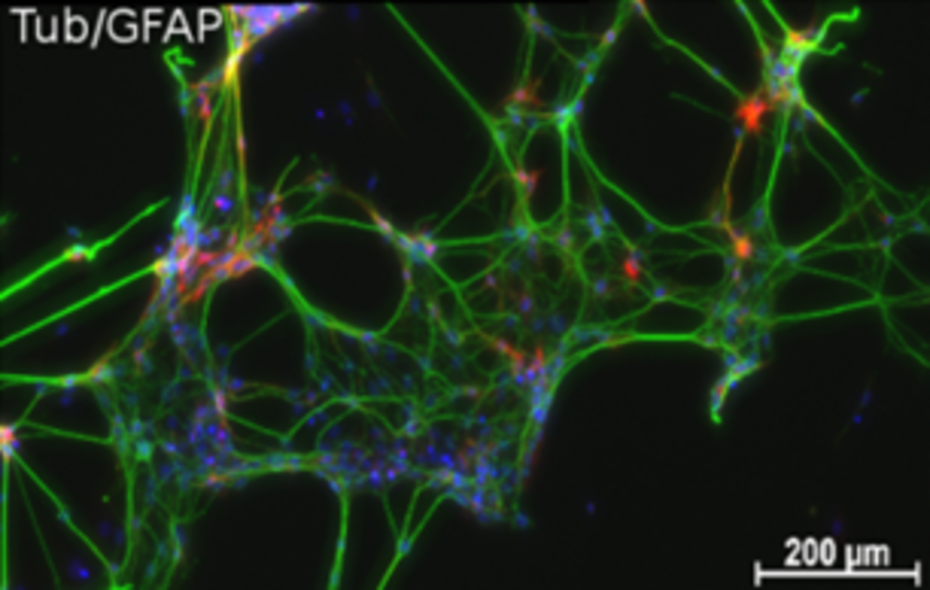
ENSAD: The enteric nervous system as predictor for pathological changesand therapeutically effectiveness by Alzheimer disease
During the last decades the lifespan increases and therefore age- related diseases like the Alzheimer disease (AD). For the modern medicine AD is a big challenge since already before the clinical manifestation numerous of nerve cells have been morti-fied in the central nervous system (CNS). The project ENSAD is believed to answering three major questions:
1. Does the enteric nervous system features physiological changes similar to these found in the CNS before clinical manifestation of AD?
2. Does an early pharmacological intervention leads to improvements of the AD pathology in ENS and CNS tissues?
3. Does the manipulation of the proteases ADAM10, a pivotal enzyme for the amyloid precursor protein (APP) processing, induces positive effects?
To accomplish our objectives we employing an AD mouse model (5xFAD) which sus-tains all genes responsible for heritable AD in humans. In the course of this project we are using measurements of gut motility, electrophysiological methods, and immu-ne histological methods. The answers of the ENSAD project will conclusively clarify whether we can transfer these ideas into the human medicine.
ENSAD
Details
Stiftung Rheinland-Pfalz für Innovation
Laufzeit11/2014 - 09/2017